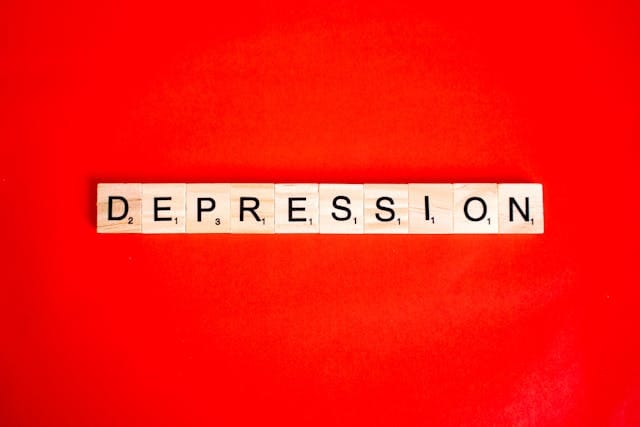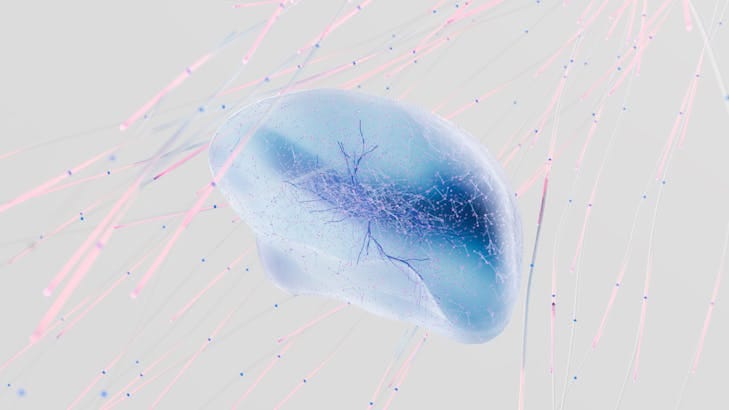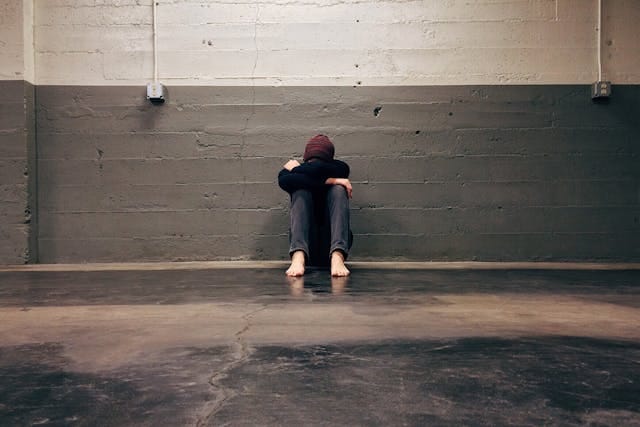
Depressive disorder has become so common that it can negatively affect the quality of life and overall health of people affected by it. Despite its spread, many people find it difficult to accept and deal with it. This is due to the societal culture that stigmatizes mental illness and denies it. Out of every ten voices speaking about depression, you will find nine of them saying that it occurs due to a lack of faith and a weak character.
However, this is not true, as depression is a disease like other diseases. It is on its way to becoming one of the major obstacles affecting the safety of individuals and communities. In this article, we will know the causes of depression, and how to protect ourselves from it?
What is depressive disorder?
- Depressive disorder, or depression, is a pathological mood state characterized by persistent sadness, loss of interest and enjoyment in daily activities, and a number of other psychological and physical symptoms.
- Depression can greatly affect life functions, social relationships, and physical condition as well.
- In severe cases, depression becomes a danger that requires immediate treatment, because it may push the patient to severe thoughts and behaviors such as harming himself or committing suicide.
- Depressive disorder is classified as one of the neurotic disorders, and includes some disorders such as depression, anxiety, and obsessive-compulsive disorder. It was defined by this name to make a clear difference between it and psychotic illnesses, in which the patient suffers from completely different symptoms such as hallucinations and delusions.
What are the causes of depressive disorder?
In general, it can be said that there is no single cause that leads to depression. This rule is followed in most mental illnesses. The causes are determined according to a group of factors that can be divided into biological, social, and psychological causes. Here we will try to apply this rule to depressive disorder:
Causes of depression: Biological factors:
- Genes and heredity play a role here. The presence of a family history of illness suggests the possibility of developing a depressive disorder.
- Scientific research presents some exciting theories that attempt to explain the reasons for differences between individuals in dealing with stress and responding to situations. You may be surprised to know that this too can be inherited and passed down through generations through chromosomes. This means that the way you think, your view of the world, and the situations that happen to you, part of it extends back far into history.

Depressive disorder as an organic disease:
Many people separate mental illness from organic illness, when in fact, mental illness is organic in itself. To simplify matters: according to scientific research, depression occurs as a result of a chemical imbalance in the brain, which is one of the body’s organs. This is why we say that depression is not only a psychological disease, but rather an organic disease.
This defect is represented by a deficiency in levels of serotonin, noradrenaline and dopamine. These hormones, or chemical transmitters, are responsible for feeling happy, improving mood, and feeling pleasure. Therefore, we will see later that drug treatments depend on increasing the levels of these chemicals, so the person returns to feeling normal again.
Causes of depression: Social factors:
Environmental and social factors play an important role in increasing the risk of developing depressive disorder. These factors may include:
- Social isolation
- Stressed family relationships
- Social discrimination and poverty
- Other cultural and societal factors (eg depression is a lack of religiosity)
- Difficult circumstances such as divorce, loss of loved ones, and failure to work

Causes of depression: psychological factors:
The psychological factor refers to personality, thoughts, and what shapes them. This includes many points such as personal qualities, the ability to withstand pressure, how to deal with problems (confrontation or withdrawal?), upbringing methods, the individual’s interaction with the surrounding environment, self-confidence and self-esteem.
Facts about depressive disorder:
- About 200 million people around the world suffer from depression.
- Infection rates are higher in women than in males.
- The number of suicides annually is about 700,000.
- Among the leading causes of death, suicide ranks fourth among the causes of death for people aged 15 to 29 years.
Depression is not a lack of religion!
This belief is more widespread in Arab countries than in foreign countries, due to the ancient history of the Arab region and its reverence for spirituality and religions. Therefore, depressed people often suffer from hearing these traditional phrases and advice. Often, these convictions are based in the minds of the elderly, and they, in turn, give advice such as be sure to pray, adhere to religion, and all conditions will improve.
However, this is not true. As we mentioned, depression occurs due to an imbalance in brain chemistry, and this makes it like other organic diseases that require professional medical assistance, and a set of advice based on tradition and accumulated experience does not help here. On the contrary, such advice may exacerbate the problem, increase feelings of guilt, and intensify negative feelings.
Depression does not mean weak personality!
Although the symptoms of depressive disorder may cause many negative feelings such as a feeling of defeat, complete paralysis, and an inability to perform even the simplest tasks. However, this does not mean weakness at all! What happens here is that the depressed person does not find anyone who believes him! Some people may not believe that a truly depressed person does not have the energy to get up, but they do not see depression as a disease in the first place. This pushes the patient into a toxic cycle of negativity and self-flagellation, and the feeling of pain increases.
What makes depressive disorder a monstrous disease is its ability to make the patient think that he is this way, that depression is what he is. This occurs due to an increase in negative thoughts about oneself and a pessimistic view of the world. Here comes the role of psychotherapy in changing thoughts and behavior. When a depressed person begins to improve, he can then see his true self,
that he is not that bad, and that negative thoughts are the nature of the disease.

How do we protect ourselves from depressive disorder?
Self-care:
Self-care and personal care should be an essential part of our daily lives to prevent depression. This includes good sleep, balanced nutrition, and regular physical activity.
Deal with stress in a healthy way:
Relaxation techniques such as meditation and yoga can help calm the mind and reduce stress. You should also take care of the comfort of the mind and body by doing activities that you enjoy and give you happiness and comfort.
Sources of support:
Social media plays a crucial role in psychological support. Leverage strong social relationships and social support from friends, family, and colleagues. Maintain active contact and communication with others, and participate in community activities and groups in which you are interested. If you feel lonely or isolated, there may be psychological support services available
, such as counseling or motivational groups, that can provide support and help.
Seek help:
If you feel depressed or unable to deal with psychological difficulties on your own, you should seek professional help. Consult a qualified psychiatrist to evaluate your condition and provide appropriate support and treatment.
